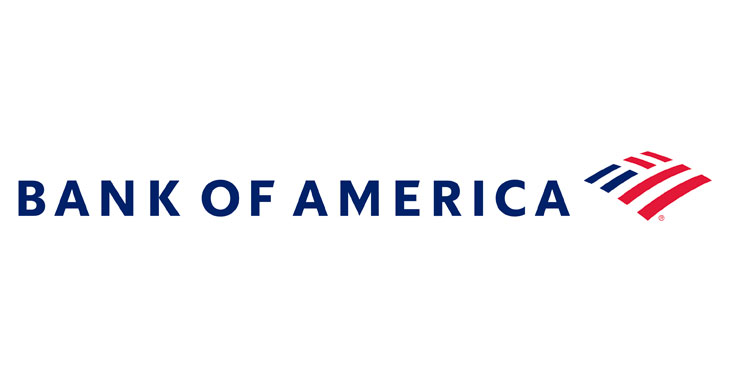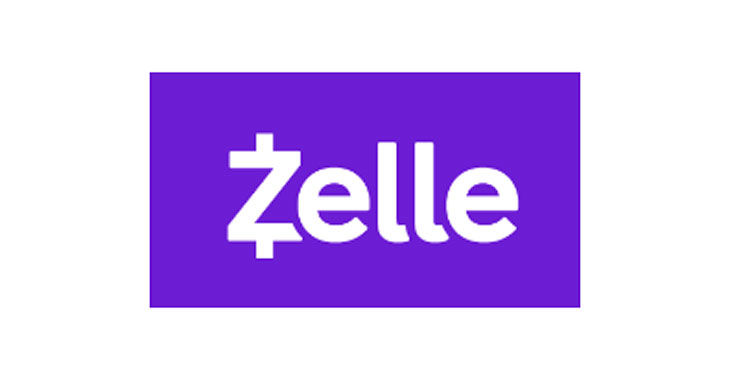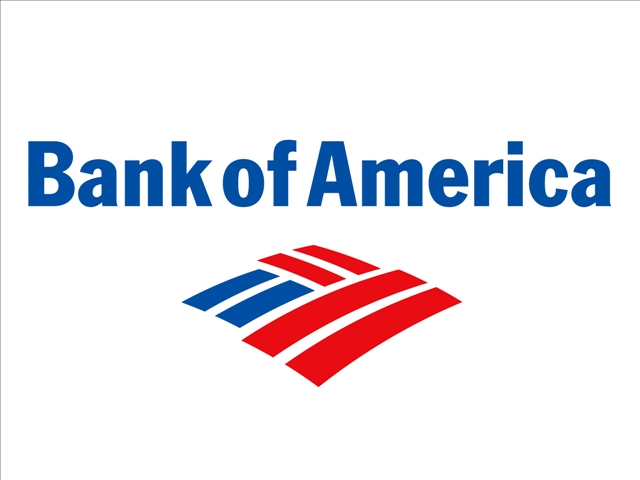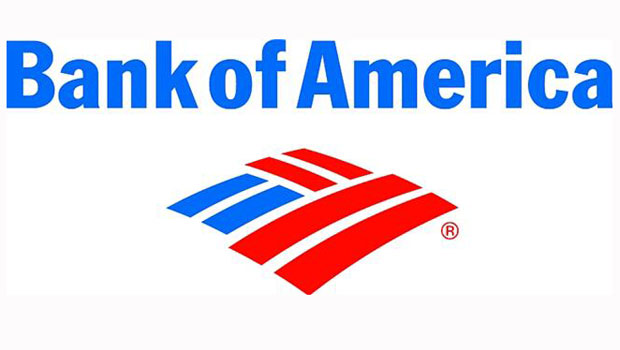
Overdraft Fees at Bank of America
Allegations: Misrepresenting when and how many overdraft fees consumers will be charged
September 2019: A federal judge preliminarily approved a settlement agreement that would automatically provide class members with cash awards. The amount of each cash award depends on a variety of factors, including the number of overdraft fees paid by the class member, the attorneys’ fees, and the service awards to the named plaintiffs, but is estimated to be $17.67 for each overdraft fee charged. A final fairness hearing is scheduled for January 29, 2020. For more information, go to http://www.nonrecurringoverdraftsettlement.com/.
February 2019: A class-action lawsuit was filed against Bank of America for allegedly misleadingly representing that it does not charge overdraft fees on non-recurring debit card transactions when, according to plaintiffs, the bank regularly charges such fees on certain non-recurring debit card transactions (e.g., transactions with Lyft, Grubhub, and DoorDash) that put accounts into negative balances. (Owens et al v. Bank of America, N.A., et al, Case No.19-cv-20614, S. D. Fla.)
Click here for more of TINA.org’s coverage of banks.
Allegations: Misrepresenting when and how many overdraft fees consumers will be charged
Allegations: Falsely representing that consumers must pay a fee to transfer money
Allegations: Preventing consumers from giving negative reviews of Bank of America on its website and app
Allegations: Misleadingly marketing money transfers as safe and secure without disclosing that there’s a high risk of fraud and customers who lose money in unauthorized transactions are often not reimbursed
Allegations: Failing to disclose that customers will be charged fees on incoming wire deposits
Allegations: Misrepresenting when consumers will be charged overdraft fees
Allegations: Misrepresenting when consumers will be charged overdraft fees
Allegations: Misrepresenting when consumers will be charged overdraft fees
Allegations: Misleadingly marketing Zelle as fast, safe, and secure without disclosing that accountholders who lose money due to fraud have no recourse for reimbursement of lost funds
Allegations: Failing to disclose the risks associated with using money transfer apps, including that consumers who lose money due to fraud will not be reimbursed
Allegations: Falsely representing that it would provide accountholders with refunds of various bank fees during the COVID-19 pandemic when the bank systematically refused to provide refunds
Allegations: Misleadingly representing that the bank would “offer assistance to qualifying consumer[s]” during the COVID-19 pandemic when the bank rejected requests for assistance
Lawsuits take aim at so-called non-disparagement clauses.
CFPB order provides refunds to consumers harmed by Bank of America’s practices.
A majority have faced false-ad challenges within past five years.
A direct mail advertisement by Bank of America promoting low refinancing rates for homeowners has some consumer advocates concerned the materials may be misleading. American Banker reported this week that…






